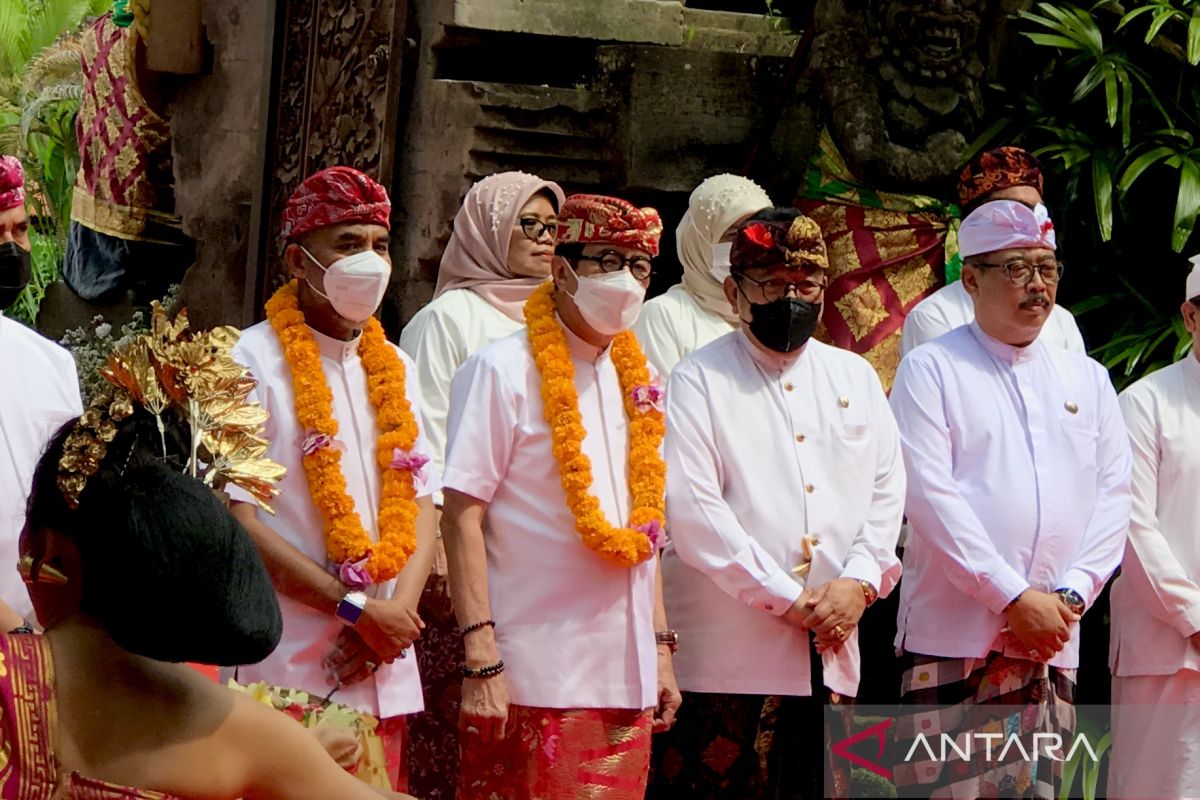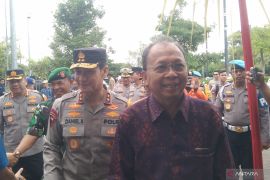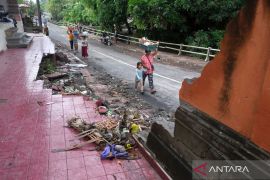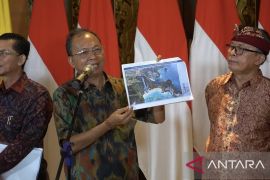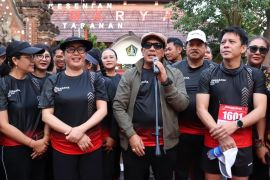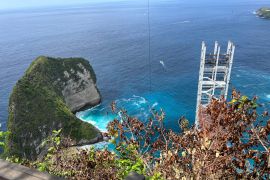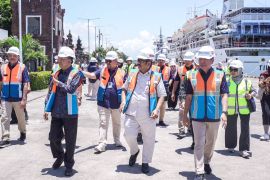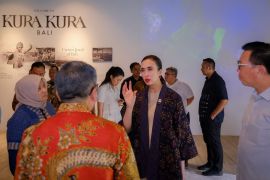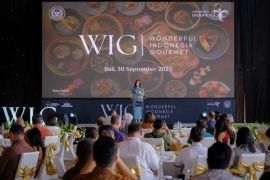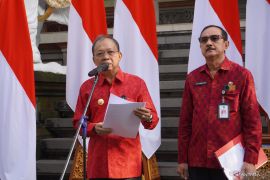The statement was made by acting director general of intellectual property, Razilu, while presenting his report to Law and Human Rights Minister, Yasonna Laoly, in Ubud, Gianyar, on Tuesday.
Explaining why Bali was selected for the pilot project, he said, “There are two tourism clusters in Bali that are related to intellectual property, the first is ‘IP and gastro,’ as Balinese culinary is very unique and can be a potential for gastro tourism, (and) the second is ‘IP and ecotourism.’”
According to Razilu, Bali is considered to be a region with lots of cultural and traditional knowledge that can support tourism and the economy, both at the regional and national levels.
He further explained that tourism, as part of the creative economy, cannot be separated from intellectual property.
He gave examples of Bali’s creative products: the silver handicrafts of Celuk, Gianyar; traditional salt processing in Amed, Karangasem, and Kusamba, Klungkung; and the coffee plantations of Kintamani, Bangli.
All of them are part of communal intellectual property, he added.
Related news: Miss Indonesia 2022 expresses commitment to promote tourism
All these examples of Balinese crafts need to be registered with the government so that the rights to their use can contribute to the development of local tourism and economy, he said.
Therefore, the Directorate General of Intellectual Property has relaunched the mobile IP Clinic registration service at Puri Lukisan Museum, Ubud, Gianyar, from June 14–16, 2022, he informed.
Razilu said he hopes that the relaunching will encourage cultural actors, local governments, and art workers to register a wide variety of knowledge and traditional crafts.
At the end of Tuesday’s relaunch event, Laoly handed over four communal intellectual property certificates for Sang Hyang Jaran Dance, Sang Hyang Dedari Dance, Endek Cloth, and Balinese Songket.
Related news: Bali Arts Festival helps recover island's economy, tourism: minister
Translator: Genta M, Kenzu T
Editor: Rahmad Nasution
Copyright © ANTARA 2022
